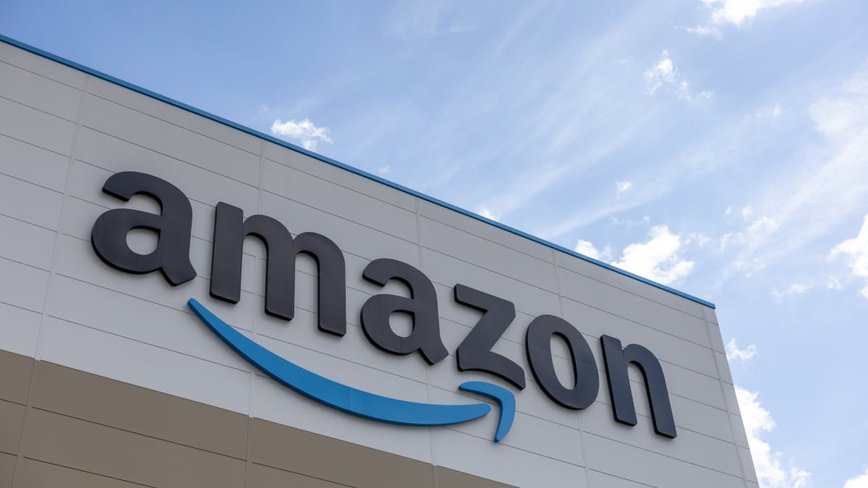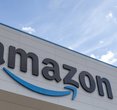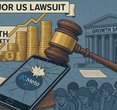
Supreme Court Skips Amazon Greenwashing Showdown

Amazon's Greenwashing Controversy Hits a Dead End
The U.S. Supreme Court has chosen not to take up a high-profile case involving Amazon's alleged greenwashing practices, leaving the online retail giant off the hook for now. This decision follows a previous dismissal by the 9th Circuit Court, which ruled that Amazon is protected under Section 230 of the 1996 Communications Decency Act. This act traditionally shields online platforms from liabilities arising from user-generated content.
Planet Green's Battle Against Amazon
The lawsuit was spearheaded by Planet Green Cartridges, a U.S.-based company known for its sustainable printer cartridge re-manufacturing. They accused Amazon of allowing third-party sellers to market falsely labeled products as eco-friendly, when in fact, they were not. Planet Green argued that these misleading listings, allegedly endorsed by Amazon’s algorithm, generated $3 billion in sales and caused unfair competition by promoting less sustainable, imported cartridges over genuine re-manufactured ones.
“Amazon's practices have overshadowed genuine sustainability efforts, misleading countless eco-conscious consumers,” a Planet Green spokesperson lamented.
Section 230: A Shield and a Debate
Amazon's defense rested on Section 230, which many regard as a cornerstone for free internet by protecting service providers from being held liable for content posted by users. This case is not the first to stir the pot on Section 230 debates. Earlier this year, the U.S. Supreme Court dealt with similar issues in cases against YouTube and Twitter (now X), deciding in favor of these platforms, reinforcing their protections under the same statute.
What This Means for the Future
As online platforms continue to grow and algorithms become more sophisticated, questions about the extent of Section 230 protections remain hotly contested. The implications of these cases reach far beyond Amazon, potentially affecting how all tech companies engage with content and commerce online. For now, the high court's refusal to hear the case leaves open questions about the future of liability and accountability in digital marketplaces.















